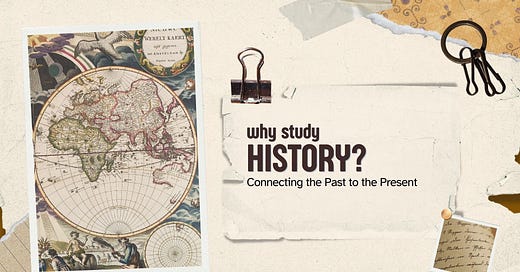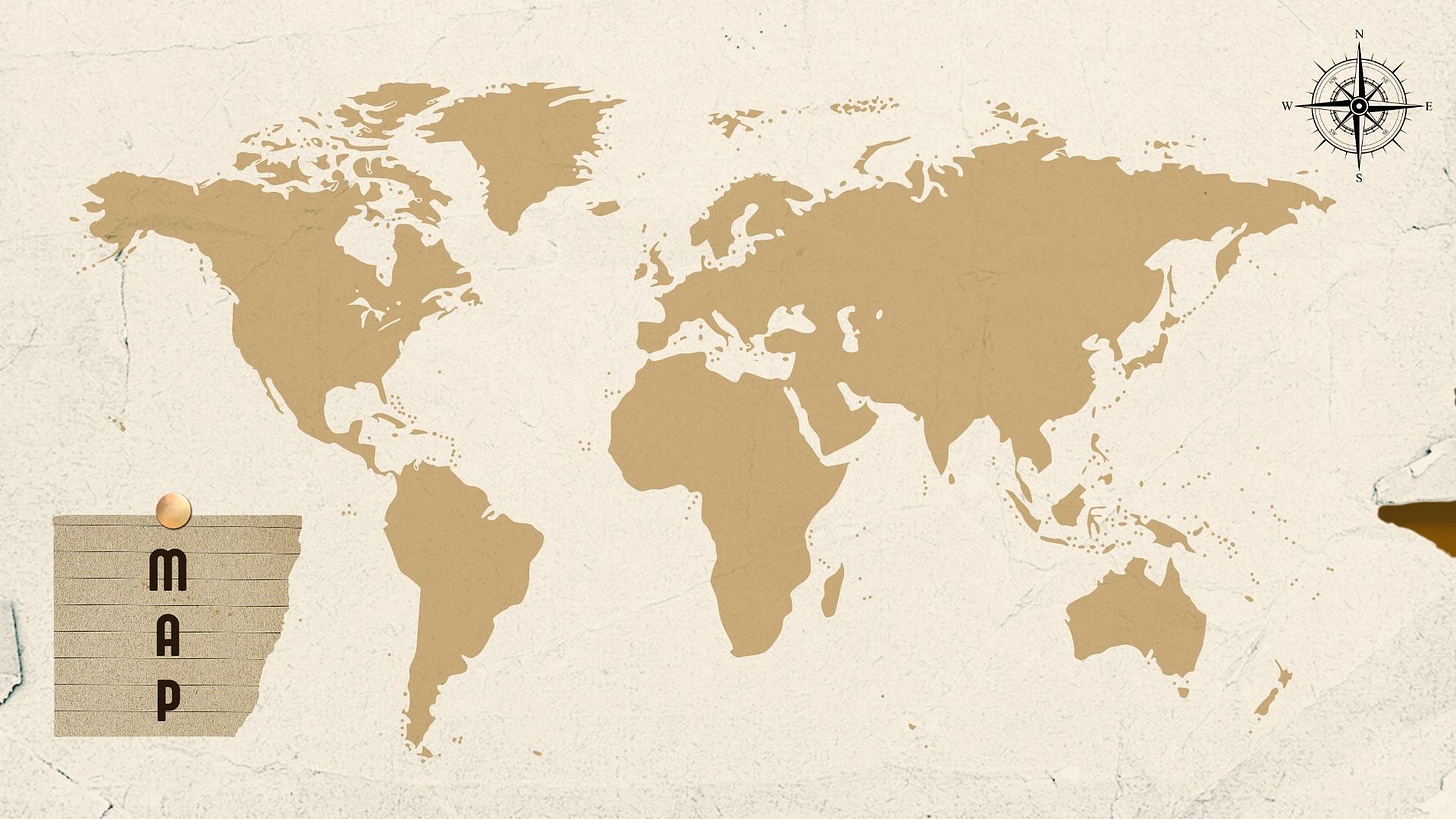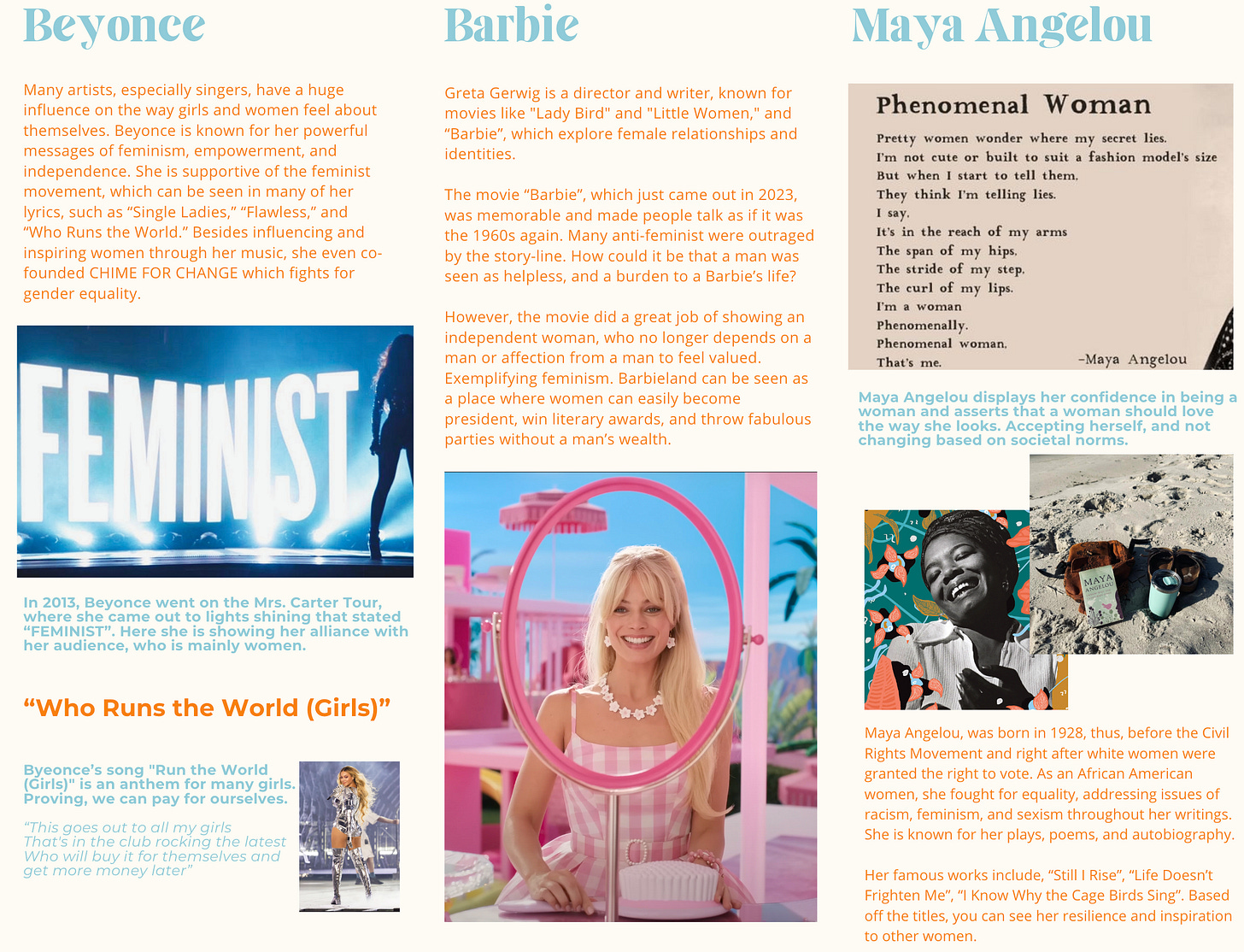History often poses the question: Why study it? A common question I hear, as a teacher, daily. Emphasizing its importance to students, sometimes even family, can be a challenge; however, echoes of my childhood remind me of how little I once cared for history, too. I mean really, how could you wonder or care deeply about something you barely know or have little experience with?
As we mature and explore the world around us, history becomes more attractive and a curiosity awakens. They say, with age comes wisdom; and through experiences, our perception of the world shifts. We appreciate and gain diverse perspectives, compared to our narrow lenses of childhood (hopefully). Empathy is formed through the stories we hear, witness, or live, shaping our evolving lens.
Recently, I started asking my students what word they see in “history”. It's amusing how even some teenage students overlook the word “story” in “history”. I ask them, “What kind of stories do you like?” Some are able to recall books instantly; others admit, shamefully, they don’t like to read. So, I ask them what stories they watch on TV or social media. “Well, I just follow some influencers/actors/singers…” or “I just follow sports...” or “I like my family stories…” I ask them to tell me about what they know, and from there we begin to talk. This prompts them to share information, and from there, magic, stories begin to be told. I let them know, “You just told me a story, which is technically history because this all already happened.”
Intrigued they become; suddenly contemplating that perhaps history is interesting…but, skepticism persists. “So why do we learn about ancient cultures or history from long ago? Why can’t we study what interests us today?”
It is a valid question. Why not learn about how the job of influencer came to be? Why not learn about the World Cup and explore history and geography through football? Why not study their own family history, learning about their own cultures? Why not study famous artists, since they create art that reflects the times they are from? Why not study Jackie Robinson or Joe Louis to get a feel for the Civil Rights Movement?
The list goes on…We often breeze over these stories, and focus too heavily on dates, wars, treaties, and a litany of names, which overwhelm kids. At that age, the idea of treaties means absolutely nothing, similarly to adults with marriage licenses. Kidding…
Rather than fixating on memorizing the small details, I try to prioritize understanding the broader context of history and connecting it to topics that speak with my students. This ultimately allows for a deeper engagement and appreciation for the relevance of historical events in their lives. For instance, recently, one of my students needed to create a brochure on women’s rights; she was required to show three art pieces from feminist women. She struggled because she was confused, “But wait, is Beyoncé a feminist?” She was unsure how feminism is portrayed. I asked about Beyoncé's main topics, and she mentioned girl power, citing “Flawless”. When I nodded, she added, “But she doesn’t talk about abortion.” It dawned on me—she has grown up seeing women as equals, viewing pro-choice, mainly, as a key feminist issue. Raised on Long Island, at just 13 years old, where women lead in her school, with most teachers and administrators being women, feminism remains somewhat perplexing because she doesn’t witness explicit inequality daily; she learns about it through stories that feel quite distant.
Perspective is crucial, and often overlooked when telling stories. We inadvertently convey our perspectives, sometimes not considering how others may perceive the world. Yet, it's the diversity of narratives and interpretations that makes history so enjoyable; it helps us develop critical thinking skills that help us understand human behavior and recognize its cyclical nature.
Now, enough of the thoughts that got me here. Summed up below are seven key reasons to study history.
1. Understanding Human Nature
History provides valuable insights into human behavior and motivations. By studying historical figures and events, we can better understand the commonality in human nature that remains repeated throughout centuries.
2. Building Empathy
Studying history encourages empathy by exposing us to different cultures, perspectives, and experiences. This can create a deeper understanding of and connection to others. I’d say useful…Appreciating the diverse narratives of humanity builds empathy and ultimately enhances our collective understanding.
3. A Diverse Perspective
History provides important context for the present moment. When we study the past, we uncover the roots of current events and societal norms. This deeper understanding enables us to make informed decisions and build qualities like patience and resilience, which I’d say is important for navigating today's world."
4. Finding Patterns
Recognizing patterns in history is crucial, because identifying these patterns can help predict future events and understand the cyclical nature of human affairs. Quite useful for even personal development.
5. Inspiration and Wisdom
Studying the lives of historical figures’ stories reveals lessons in resilience, discipline, and virtue. For instance, Ryan Holiday and Robert Greene draw extensively on historical anecdotes to illustrate timeless “laws” in their works.
6. Developing Critical Thinking
Engaging with history requires critical thinking and analytical skills. It involves checking sources for reliability, grasping the context and interconnectedness of past stories, and interpreting their significance in shaping societies. History’s mysterious web. These skills are transferable to all parts of life and are needed today with the overwhelming amount of information and misinformation being passed our way.
7. Growing by Learning Through Mistakes
History is filled with examples of both successes and failures. Studying these examples allows us, as individuals and collectively as a society, to learn from past mistakes and avoid repeating them. By learning from the stories of others, we can apply these insights to our daily lives.






